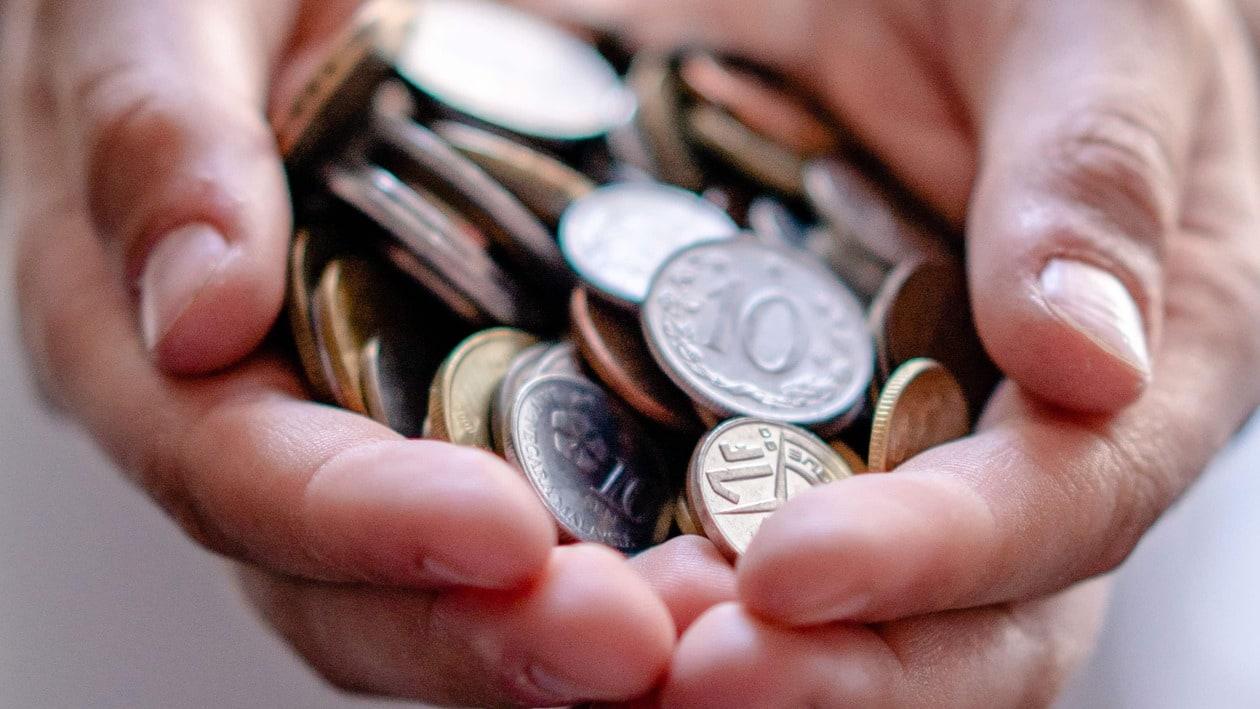The better things in life might be too alluring at times. For some people start out each morning with an expensive coffee and a doughnut. Debt doesn't merely snuck up on others. It swiftly expands as a result of a flashy automobile, an expensive home, or too many opulent holidays. Additionally, debt may occasionally have nothing to do with a person's decisions. Perhaps a member of their family experienced a pricey medical emergency, or a natural calamity affected their residence.
It might be difficult to repay your loan under these circumstances. Making a strategy to control your payments and balances might thus be beneficial. Here are some essential tactics for effectively managing your debt.
Pay your bills timely
Since you must pay a late charge for each missed payment, late payments make it more difficult to pay off your debt. Your interest rate and financing costs will rise if you make two consecutive missed payments.
Set an alert to notify you several days before your payment is due if you use a calendaring app on your computer or smartphone to input your payments. If you miss a payment, submit it as soon as possible. If you wait until the next due date, your credit score might get affected.
Set a monthly budget
Making a budget is a crucial debt management strategy for finally paying off your debt. However, the procedure needs a lot of forethought and endurance. The first step is to begin keeping track of your monthly earnings and outgoings. Once you've pinpointed this area, you may come up with strategies to cut back on your regular spending, the bulk of which may be unnecessary.
No matter how tiny the debt may be, this money may be placed aside to pay it off. Then, you should prioritise your debts to decide which obligations should be paid first, such as your mortgage and utility payments.
Decide your debt management approach
It is up to you how you approach your debt. Paying down accounts with the highest interest rates first or paying off balances with the lowest interest rates first are the two most common approaches. The latter can help you maintain momentum and perceive progress, while the former will save you more money in the long term. Stick to your strategy since you're moving in the correct path regardless.
Build an emergency fund
You would have to incur debt if you didn't have access to money to pay for an unexpected bill. Even a modest emergency reserve can be used to pay for sporadic little costs. Start by working toward building a little emergency fund, and after you have one, set out to build a larger one. Keep an aim to eventually accumulate three to six months' worth of living costs in reserve.
Take into account meeting with a credit counsellor if you want assistance in creating a plan for repaying your debt. In order to avoid falling victim to a scam, be wary of debt counsellors that promise to pay off all of your debt rapidly for a small charge. After you've lowered or paid off your obligations, be sure to take precautions to avoid taking on new debt. Although paying off your bills might be difficult, it can be made simple with a few simple approaches.
